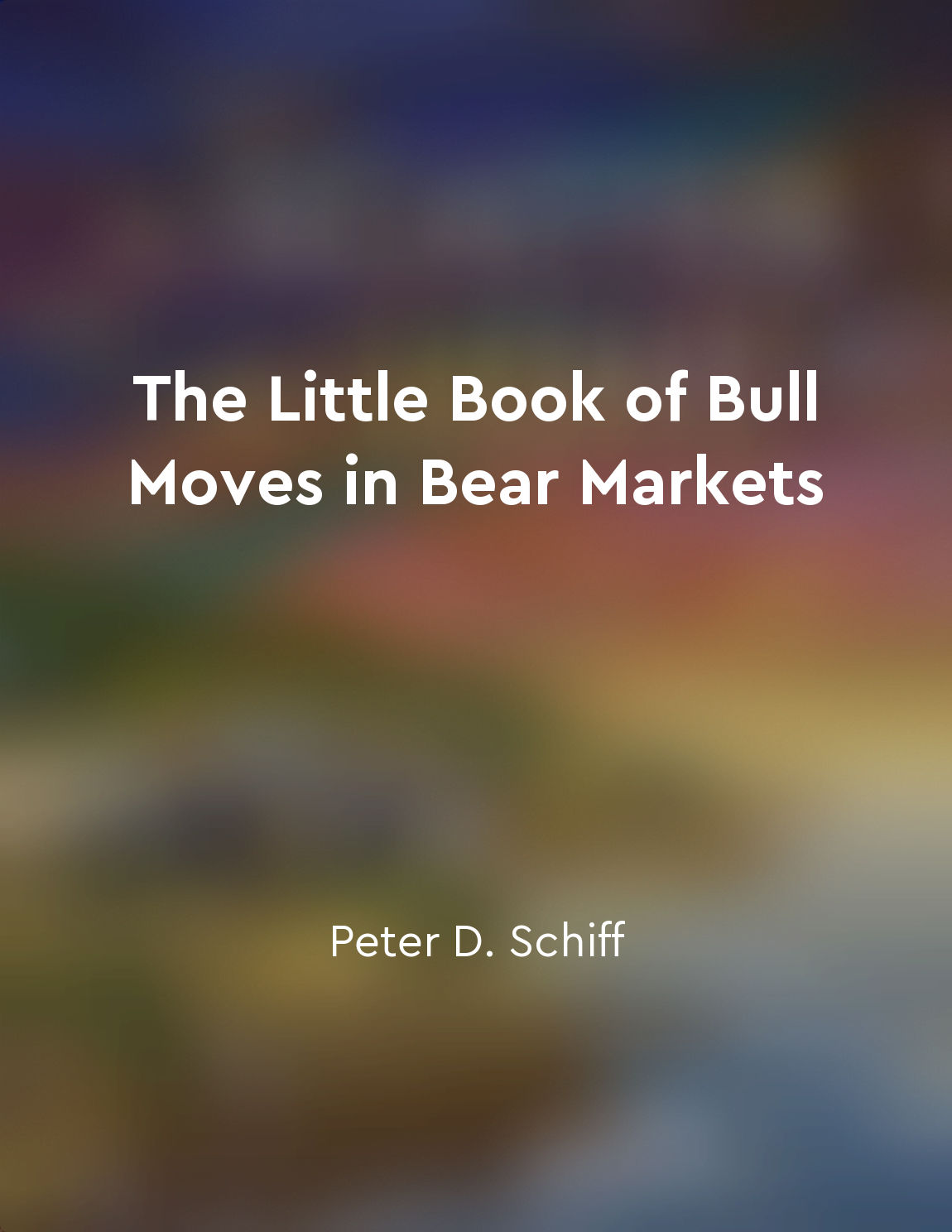Keep emotions out of investment decisions from "summary" of Let's Talk Money by Monika Halan
When it comes to investing, emotions can be your worst enemy. Fear and greed often cloud our judgment, leading us to make impulsive decisions that can harm our financial well-being in the long run. It's important to remember that investing is a rational process that requires careful analysis and a long-term perspective. Emotions, on the other hand, are fleeting and can cause us to act irrationally, leading to poor investment choices. One of the key principles of successful investing is to keep emotions out of the decision-making process. This means not letting fear or greed dictate your actions when it comes to buying or selling investments. Instead, you should rely on a well-thought-out investment plan that is based on your financial goals, risk tolerance, and time horizon. By sticking to this plan and avoiding emotional reactions to market fluctuations, you are more likely to achieve your long-term financial objectives. It's also important to remember that market volatility is a normal part of investing. Prices will go up and down, sometimes dramatically, but this doesn't necessarily mean that you need to change your investment strategy. Trying to time the market by selling when prices are low and buying when they are high rarely works out in the long run. Instead, it's better to stay the course and stick to your investment plan, even when the market is experiencing turbulence. Another important aspect of keeping emotions out of investment decisions is to avoid getting caught up in the latest investment fads or trends. Just because everyone is talking about a particular stock or asset class doesn't mean that it's a good investment for you. It's important to do your own research and analysis before making any investment decisions, rather than following the crowd based on emotions or hype.- Successful investing requires a disciplined and rational approach that is free from emotional bias. By staying focused on your long-term financial goals, sticking to your investment plan, and avoiding emotional reactions to market fluctuations, you are more likely to achieve success in the world of investing.
Similar Posts
Choose funds with low expense ratios
A critical consideration in the selection of mutual funds is the expense ratio, which measures the cost of owning a fund. The e...
Be prepared for unexpected events
The principle of being prepared for unexpected events is crucial in the field of security analysis. This concept emphasizes the...

Dollarcost averaging can smooth out market volatility
Dollar-cost averaging is a technique that can help investors navigate the choppy waters of the stock market. By consistently in...
Diversification is key to managing risk in mergers
It is widely acknowledged that mergers can be a risky business. In the high-stakes world of corporate deal-making, there are co...
Monitor your investments regularly
To ensure that your investments are performing as expected, it's crucial to regularly monitor them. Think of monitoring your in...
Network with experienced investors for advice
One valuable concept shared by successful investors is the importance of seeking advice from experienced individuals in the fie...
Consider investing in real estate
Investing in real estate can be a smart move for many investors. While real estate prices can fluctuate, historically they have...
Balancing risk and reward is key to making informed investment decisions
The delicate dance of balancing risk and reward lies at the heart of making informed investment decisions. This pivotal concept...

Real assets like real estate can also be a safe haven during bear markets
It's important to remember that when the stock market is heading south, real assets like real estate can provide a safe haven f...

Investors should be wary of market euphoria
Market euphoria can be a dangerous thing for investors. When the market is experiencing a period of euphoria, it can be easy to...

